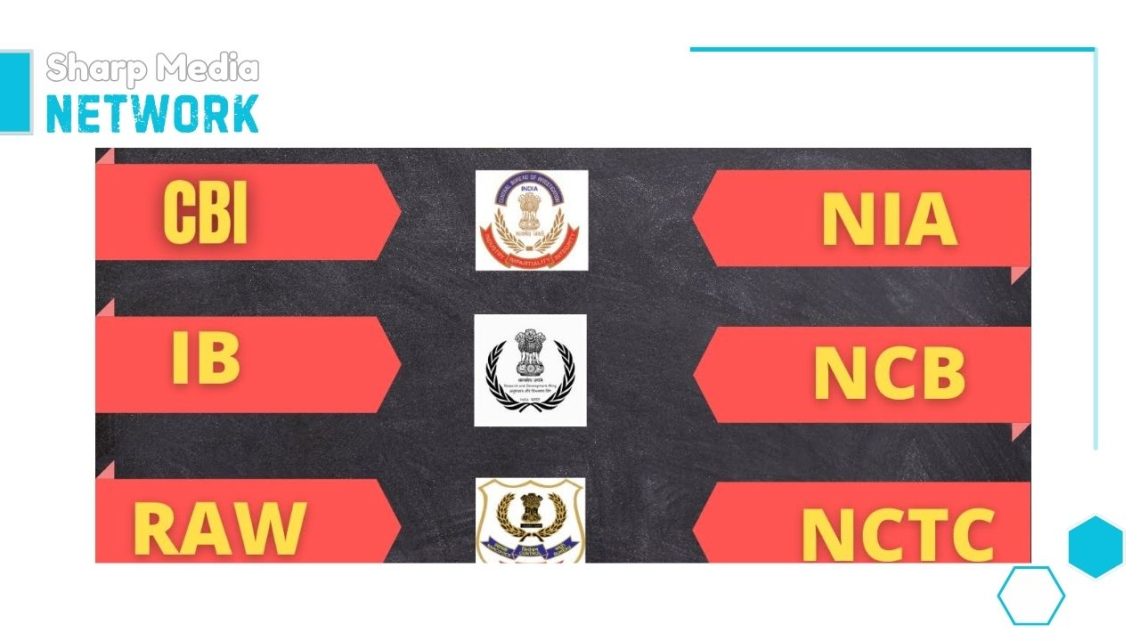
Indian Intel Agencies Under Scrutiny for Targeting Sikh and Kashmiri Leaders
January 20, 2025Amid growing global concern, Indian intelligence agencies face allegations of targeting prominent Sikh and Kashmiri leaders, both at home and abroad, raising serious questions about human rights and political repression.
India’s human rights situation has drawn increasing scrutiny from global governments and organizations, with multiple reports and statements highlighting disturbing patterns of state-sponsored violence, political repression, and discrimination against minorities. In recent months, several countries, including Canada and the United States, have raised alarms about the targeting of Sikh and Kashmir Hurriyat leaders both domestically and abroad by Indian intelligence agencies.
In October 2024, Canada’s national police service issued a statement regarding the involvement of Indian state agents in violent activities on Canadian soil. The report specifically mentioned instances of homicide, extortion, and other criminal acts tied to the Indian state. Additionally, Indian authorities have been accused of denying visas or revoking those of government critics, especially members of the Indian diaspora.
Prime Minister Narendra Modi’s third term, secured in June 2024, saw the continuation of controversial policies, particularly affecting minority communities. Despite growing ethnic violence, especially in the northeastern state of Manipur, where over 200 people have been killed and more than 60,000 displaced since May 2023, the government’s response has been insufficient. Minority communities, particularly Muslims, Dalits, and tribal groups, continue to face increasing violence and repression. There has been a notable failure in addressing attacks by BJP supporters, with victims being further targeted, sometimes through unlawful demolitions of Muslim homes and properties.
Despite the deteriorating human rights record, India has strengthened economic and strategic ties with various nations. However, the European Parliament adopted a resolution in January 2025, raising concerns over “violence, increasing nationalistic rhetoric, and divisive policies.” The United Nations’ Global Alliance of National Human Rights Institutions also deferred accreditation to India’s National Human Rights Commission for the second consecutive year in May 2025.
Human Rights Watch’s latest report underscores the alarming situation in Jammu and Kashmir, where human rights violations persist. Security forces continue to enjoy impunity for violent actions, while attacks on religious minorities, including Muslims, continue unabated. Freedom of expression and association are increasingly under threat, with the media and civil society facing significant suppression.
In Kashmir, the first elections since the revocation of Article 370 in August 2019 were held in September, but the government’s claim of restoring peace and security is disputed by many Kashmiris, who argue they are simply voting under continued restrictions. The Jammu region, traditionally quieter, saw a rise in violence in mid-2024, with 15 soldiers and 9 civilians killed in clashes between May and July.
Moreover, the Indian government has detained prominent activists, including climate advocate Sonam Wangchuk and over 100 others from Ladakh, who were demanding greater participation in governance and stronger environmental protections. The detentions sparked international concern over the erosion of democratic freedoms.
In Jammu and Kashmir, journalists remain under constant threat. Police raids, threats, physical assaults, and arbitrary detention continue to target those who speak out against the state’s actions. Kashmiri human rights defender Khurram Parvez has been jailed since November 2021 under the Unlawful Activities (Prevention) Act (UAPA), India’s controversial counterterrorism law.
The government has also introduced policies to protect public officials from false complaints while threatening media outlets that publish content deemed as “misinformation.” This move has raised fears about growing government control over the press and the diminishing space for accountability.
In a disturbing trend, authorities continue to use the UAPA to target political dissidents. In March 2025, the case of Aasif Sultan, a Kashmiri journalist, became emblematic of the system’s abuse of power. After being released on bail following a five-year imprisonment, new charges were filed against Sultan, leading to his re-arrest.
As India faces mounting criticism from the global community, the situation in Kashmir and the broader human rights crisis across the country remain urgent issues. The international community’s concerns are likely to intensify as the Modi administration’s policies continue to marginalize religious and ethnic minorities, while dissent is increasingly silenced.

